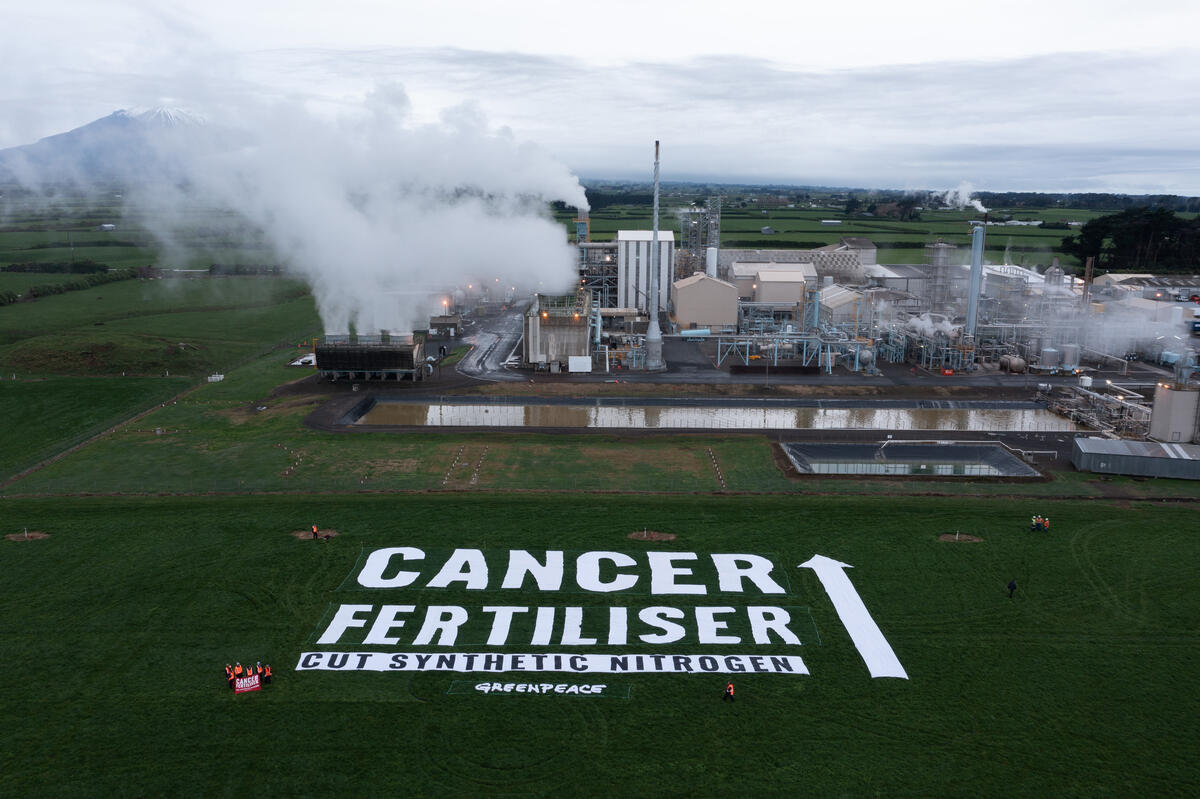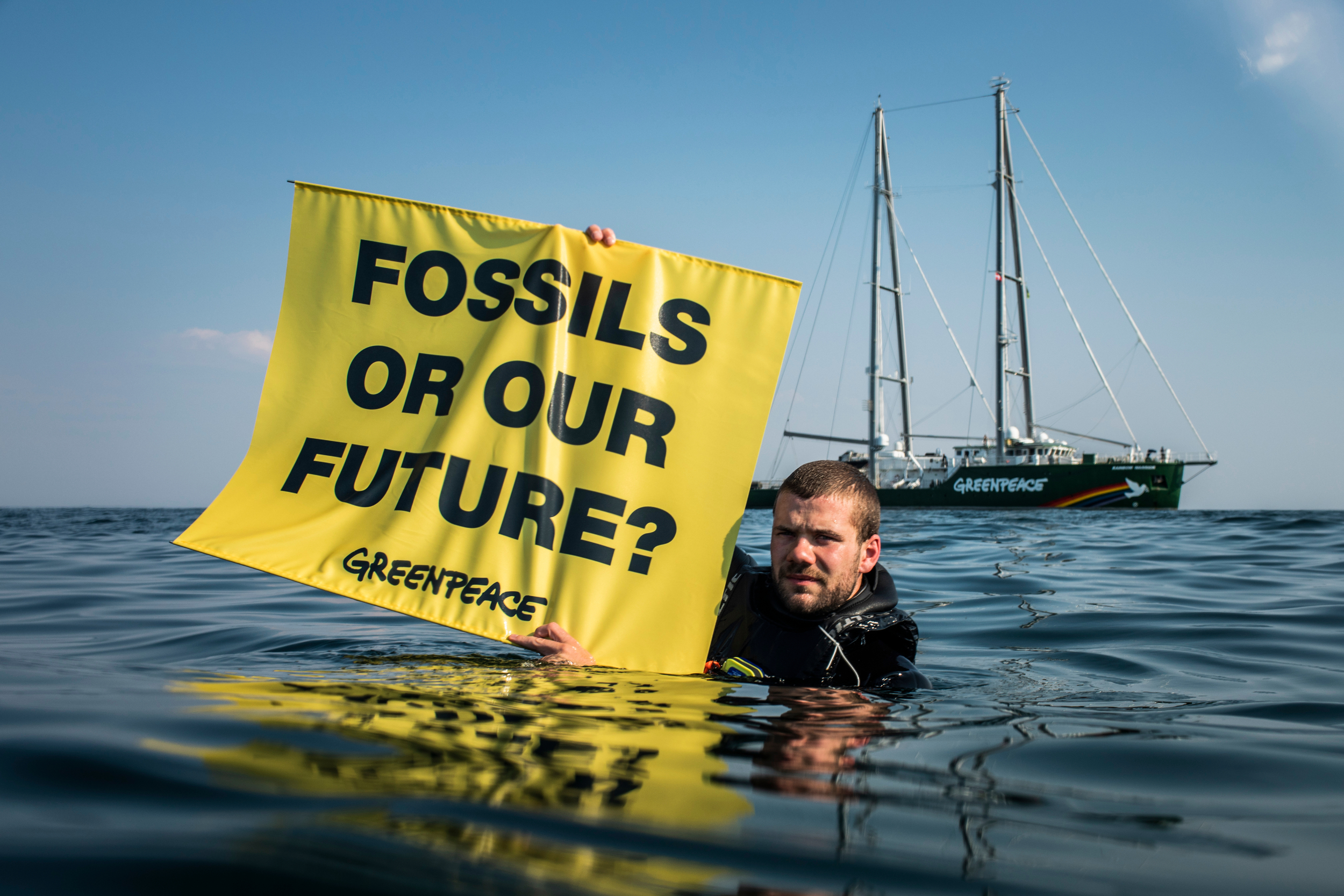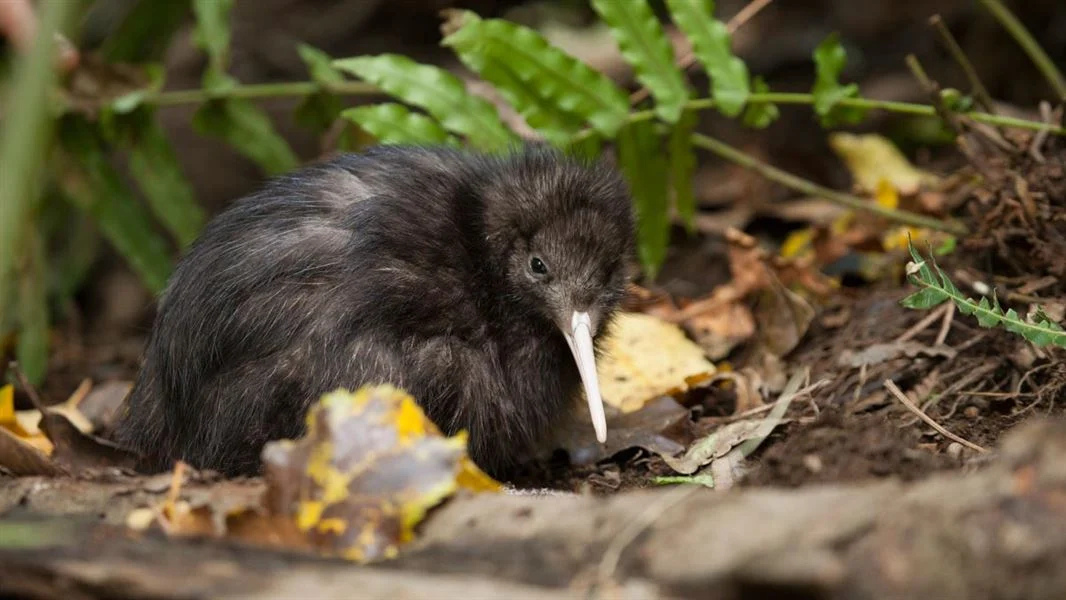Fresh off its humiliating “Fossil of the Day” award at COP30 in Brazil, New Zealand has again been called out on the world stage for backsliding on climate action.
The latest Climate Change Performance Index (CCPI) – published annually by Germanwatch, NewClimate Institute and Climate Action Network – shows New Zealand dropping three more places, from 41st to 44th. Analysts say the slide is driven by the Government’s climate rollbacks, including repealing the oil and gas ban and weakening methane targets.
Greenpeace Aotearoa spokesperson Amanda Larsson says the fall is a stark warning.
“New Zealand was once seen as a climate leader. Now we’re scraping the bottom of the barrel thanks to this Government’s war on nature.
“We’re a country with a proud history of punching above our weight. It’s humiliating that our current crop of political leaders are trashing that legacy to let big polluters profit from wrecking our environment and our kids’ future.”
Since taking office, Christopher Luxon’s Government has paved the way for fast-tracking coal mines on conservation land, promised taxpayer subsidies for offshore oil and gas drilling, and bowed to livestock industry lobbyists by weakening rules for the country’s most polluting sector – intensive dairying.
CCPI analysts singled out the erosion of New Zealand’s previously bipartisan climate law as an example of weakening climate action, pointing specifically to the decision to weaken methane targets despite clear opposition from scientists, the Climate Change Commission and other political parties.
“Luxon’s Government has torched sensible climate policies – from cleaner cars to support for manufacturers to move off coal – and offered nothing credible in their place.
“Luxon and Simon Watts keep regurgitating the same old lines about being ‘committed to Paris’, even as they push policies that increase climate pollution. It’s a pretty transparent attempt to gloss over the fact that they’re letting polluters set the rules in their own interests – while ordinary people, including our kids and grandkids, bear the consequences.”
Denmark – which last year introduced a livestock emissions tax and has fostered a world-leading offshore wind industry – remains at the top of the index, followed by the UK and Morocco. Petrostates including Saudi Arabia, Iran, Russia and the United States rank at the bottom.
As in previous years, the top three positions remain empty because no country is acting fast enough.



